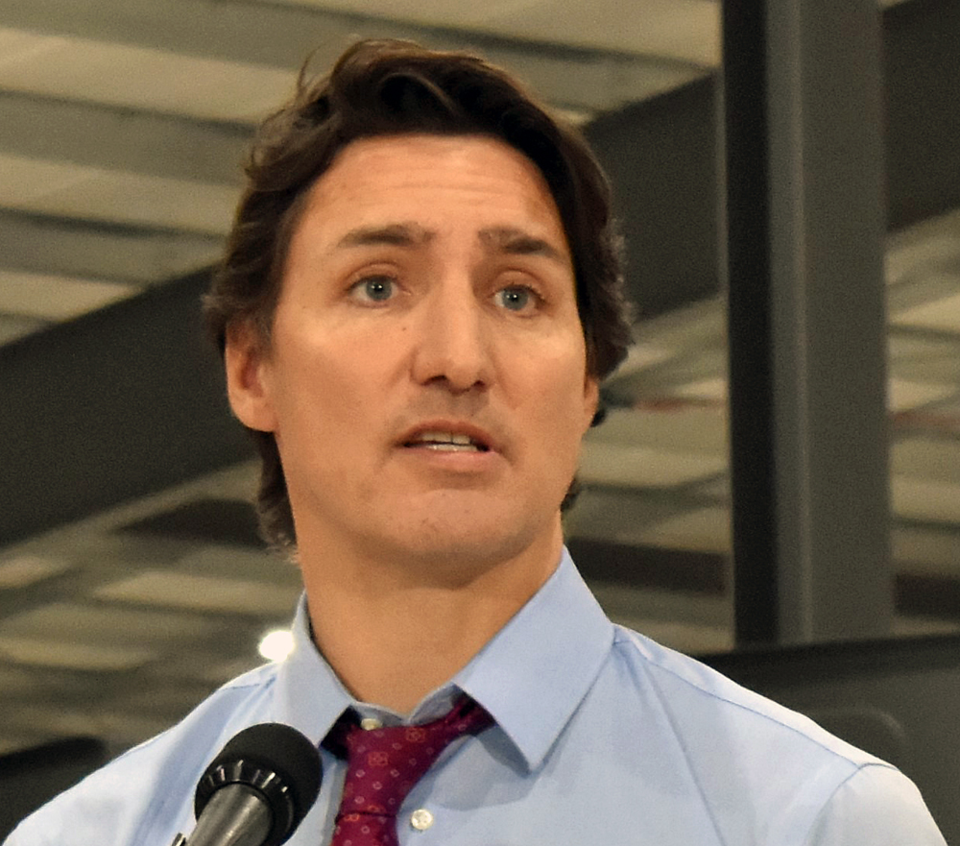If you're a political geek (or if you just really want a new prime minister), then you were likely rubbing your hands with glee after Wednesday's revelation that the federal New Democratic Party has opted to end its arrangement with the Liberal minority government.
If you're the type who will be suffering from election fatigue by the time mid-November's civic election rolls around, then you might be cringing at the thought of another election this fall.
The NDP says they're going to end their confidence and supply agreement with the Libs, increasing the possibility of a federal election this fall. For those who reside in Saskatchewan, it means we could be heading to the polls three times within a matter of weeks, since we already have the provincial vote slated for on or before Oct. 28, and the civic election on Nov. 13. The civic vote, of course, includes school boards and urban and rural municipalities.
But the end of the Liberals' and NDP's arrangement still doesn't guarantee we're going to the polls to elect MPs and a new prime minister this fall, or even before the next scheduled federal election date in the fall of 2025.
The NDP could still support the Liberals when it comes to votes that are confidence measures or related to the budget. The end of the confidence and supply agreement means that the NDP's support is no longer assured.
The relationship between the Liberals and the NDP might have been uneasy at times since the deal was reached in early 2022, but the NDP knows the federal Conservative Party is most likely to win the next election, and the NDP will want to delay the era of Prime Minister Pierre Poilievre as much as possible. Most within the NDP caucus (and the party in general) still view the Liberals as the lesser of two evils.
The Liberals could reach an agreement with the Bloc Quebecois to save their government, but that seems unlikely after the rhetoric the parties have directed at each other over the years.
Wednesday's announcement should dash speculation that Justin Trudeau might step down as Liberal leader – and consequently as prime minister – before the next election. We've heard people within the party say they believe it's time for a change in leadership. And for good reason. Trudeau hasn't exactly been Mr. Popular with Canadian voters in recent years. But still, there are many within the party who are loathe to force the departure of a man who delivered three electoral victories, and happens to be the son of a beloved Liberal prime minister.
It's unlikely he would step down as leader and trigger a battle for the party's top job with the threat of a snap election looming.
The Liberals' decision to enact binding arbitration in the labour dispute involving CPKC and CN Railways and members of the Teamsters Union is 小蓝视频 cited by the NDP as the reason to end their agreement. Perhaps this is why the Liberals waited so long to force both sides to the bargaining table; frankly, it should have happened days earlier.
The pact with the Liberals proved to be great for the NDP. Some within the party might not have been happy to enter into this uneasy agreement with the Liberals, but the NDP has been able to advance their agenda on dental care and housing, among other issues, and that wouldn't have happened otherwise.
As for the Liberals, they were able to remain in power longer than they would have without the NDP.
The federal Tories will be looking for the first possible opportunity to bring down the Liberals and trigger an election. The Liberals – and especially Trudeau – have reached their best before date. The majority of Canadians seem eager for change. But the Tories still have to get the NDP onside for a confidence motion, and that won't be easy.
The fall sitting of the House of Commons just became far more interesting.


